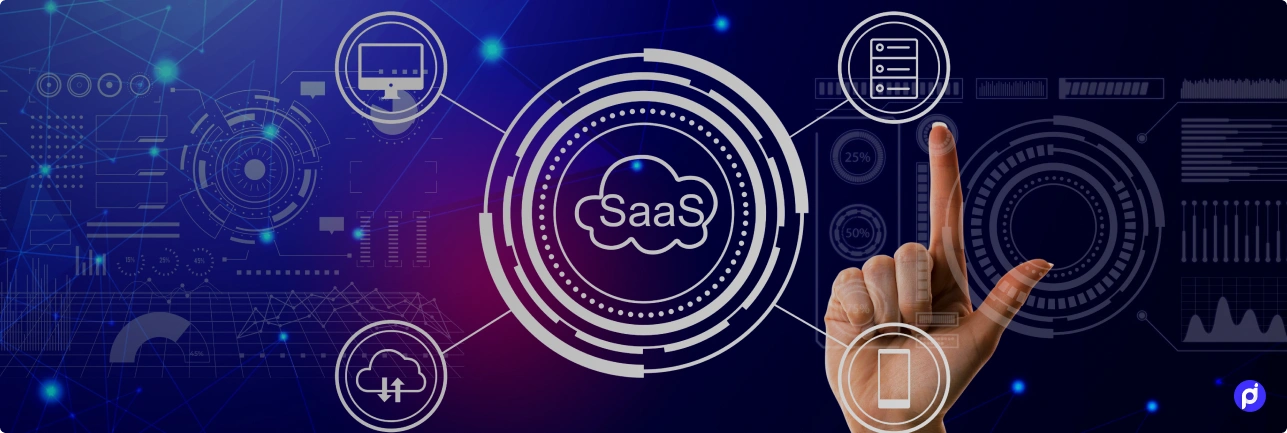As industries strive for efficiency, productivity, and precision, the integration of custom manufacturing applications stands out as a pivotal solution. These bespoke software tools streamline operations, enhance collaboration, and drive innovation across the manufacturing sector. Let’s delve into the statistics that underscore the transformative impact of custom manufacturing apps.
Transformative Impact of Custom Manufacturing Apps.
Enhanced Operational Efficiency
According to recent research, the use of custom manufacturing apps has led to a staggering 32% increase in operational efficiency within manufacturing facilities. These tailored applications are finely tuned to address the unique challenges and requirements of each organization, resulting in optimized workflows and streamlined processes.
Businesses leveraging custom manufacturing apps report significant reductions in lead times, minimized material wastage, and enhanced resource utilization. From inventory management to production scheduling, these apps empower manufacturers to operate with unparalleled agility and precision.
Improved Product Quality
Quality control lies at the heart of manufacturing excellence. Custom manufacturing apps play a pivotal role in ensuring product quality and consistency. Some research experts revealed that companies adopting bespoke manufacturing applications experienced a remarkable 23% reduction in product defects.
Through real-time monitoring, predictive analytics, and automated quality assurance protocols, these apps empower manufacturers to identify potential issues early in the production cycle, thereby mitigating risks and upholding stringent quality standards. This translates into higher customer satisfaction, reduced rework costs, and strengthened brand reputation.
Empowered Decision-Making
In today’s fast-paced business environment, data-driven decision-making is non-negotiable. Custom Manufacturing Apps serve as invaluable tools for harnessing actionable insights and driving strategic initiatives. It was found that organizations leveraging tailored manufacturing applications witnessed a notable 27% improvement in decision-making processes.
By consolidating disparate data sources, generating intuitive reports, and facilitating cross-departmental collaboration, these apps enable stakeholders to make informed decisions swiftly. From demand forecasting to supply chain optimization, the ability to leverage real-time data empowers manufacturers to stay ahead of the curve in a fiercely competitive market landscape.
Seamless Integration Across Ecosystems
Collaboration is key to success in the manufacturing ecosystem. Custom manufacturing apps serve as the linchpin for seamless integration across diverse stakeholders, including suppliers, distributors, and customers. It is found that Custom Manufacturing Application Development is a service that provides powerful apps fostering collaboration.
By fostering transparent communication channels, automating order processing, and facilitating real-time updates, these apps break down silos and promote synergy across the entire value chain. This not only accelerates time-to-market but also enhances adaptability in response to evolving customer demands and market dynamics.
Considering these compelling statistics, one thing becomes clear. Manufacturers must invest in Custom Manufacturing Apps. However, the journey towards digital transformation necessitates the expertise of seasoned professionals. This is where the significance of partnering with experienced custom manufacturing app developers comes into play.
Hire Custom Manufacturing App Developers who possess a deep understanding of industry-specific nuances and cutting-edge technological acumen. These professionals leverage agile methodologies and best-in-class development frameworks to craft bespoke solutions that align seamlessly with your organizational objectives. So, where can you get them?
Well, the answer is PiTANGENT. PiTANGENT specializes in empowering manufacturing enterprises with bespoke software solutions tailored to their unique needs. From conceptualization to deployment, our team of seasoned developers collaborates closely with clients to deliver scalable, intuitive, and future-proof custom manufacturing apps.
Finishing off
The statistics presented above serve as a testament to the transformative potential of custom manufacturing apps in revolutionizing the manufacturing landscape. By harnessing the power of bespoke software solutions, businesses can unlock new avenues for growth, innovation, and competitive differentiation in an increasingly digital era. Embrace the future of manufacturing today with tailored applications designed to propel your business to new heights of success.
FAQs about Custom Manufacturing Apps
FAQ 1. How do custom manufacturing apps enhance operational efficiency?
Custom manufacturing apps are specifically designed to address the unique challenges and requirements of each manufacturing organization. They optimize workflows, streamline processes, and minimize lead times, material wastage, and resource utilization. These apps empower manufacturers to operate with agility and precision, ultimately leading to a 32% increase in operational efficiency.
FAQ 2. What role do custom manufacturing apps play in improving product quality?
Custom manufacturing apps play a pivotal role in ensuring product quality and consistency by enabling real-time monitoring, predictive analytics, and automated quality assurance protocols. Companies adopting bespoke manufacturing applications experienced a remarkable 23% reduction in product defects. These apps help identify potential issues early in the production cycle, thereby mitigating risks and upholding stringent quality standards.
FAQ 3. How do custom manufacturing apps facilitate empowered decision-making?
Custom manufacturing apps consolidate disparate data sources, generate intuitive reports, and facilitate cross-departmental collaboration, enabling stakeholders to make informed decisions swiftly. Organizations leveraging tailored manufacturing applications witnessed a notable 27% improvement in decision-making processes. The ability to leverage real-time data empowers manufacturers to stay ahead of the curve in a fiercely competitive market landscape.
FAQ 4. How do custom manufacturing apps promote seamless integration across ecosystems?
Custom manufacturing apps serve as the linchpin for seamless integration across diverse stakeholders, including suppliers, distributors, and customers. By fostering transparent communication channels, automating order processing, and facilitating real-time updates, these apps break down silos and promote synergy across the entire value chain. This accelerates time-to-market and enhances adaptability in response to evolving customer demands and market dynamics.
FAQ 5. Where can manufacturing enterprises find experienced custom manufacturing app developers?
PiTANGENT specializes in empowering manufacturing enterprises with bespoke software solutions tailored to their unique needs. From conceptualization to deployment, their team of seasoned developers collaborates closely with clients to deliver scalable, intuitive, and future-proof custom manufacturing apps. By partnering with experienced developers like PiTANGENT, manufacturers can ensure that their digital transformation journey is guided by industry-specific expertise and cutting-edge technological acumen.












